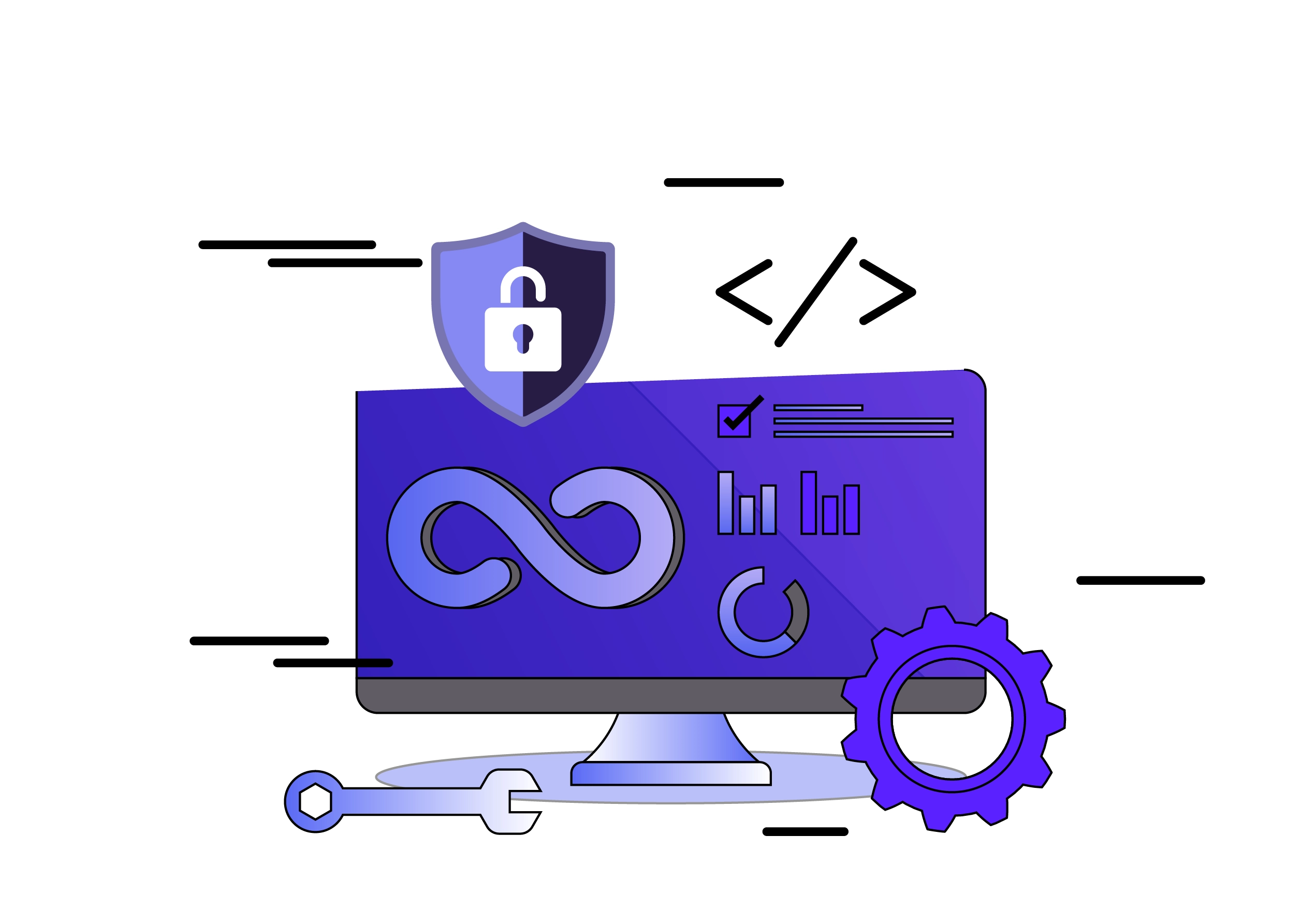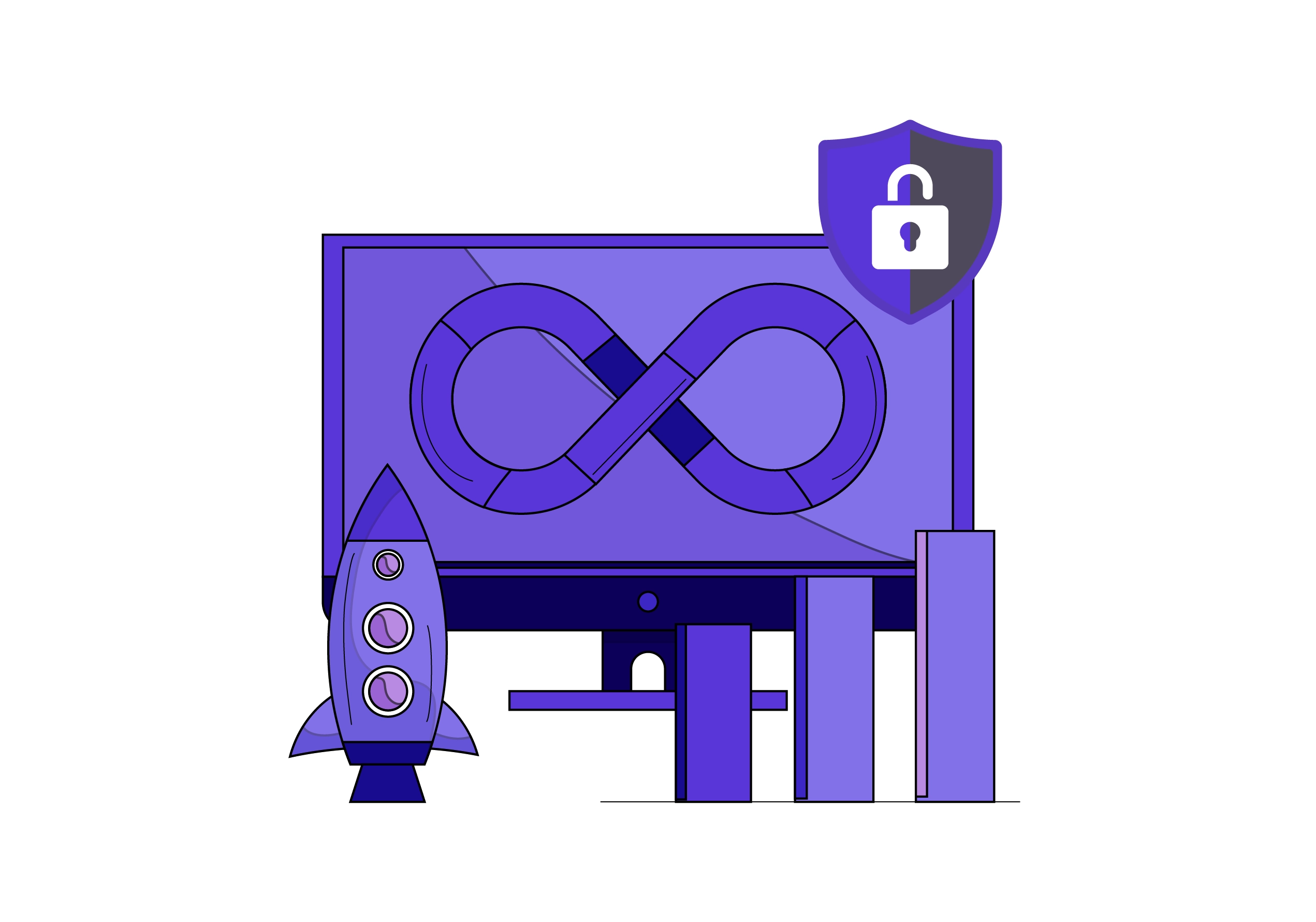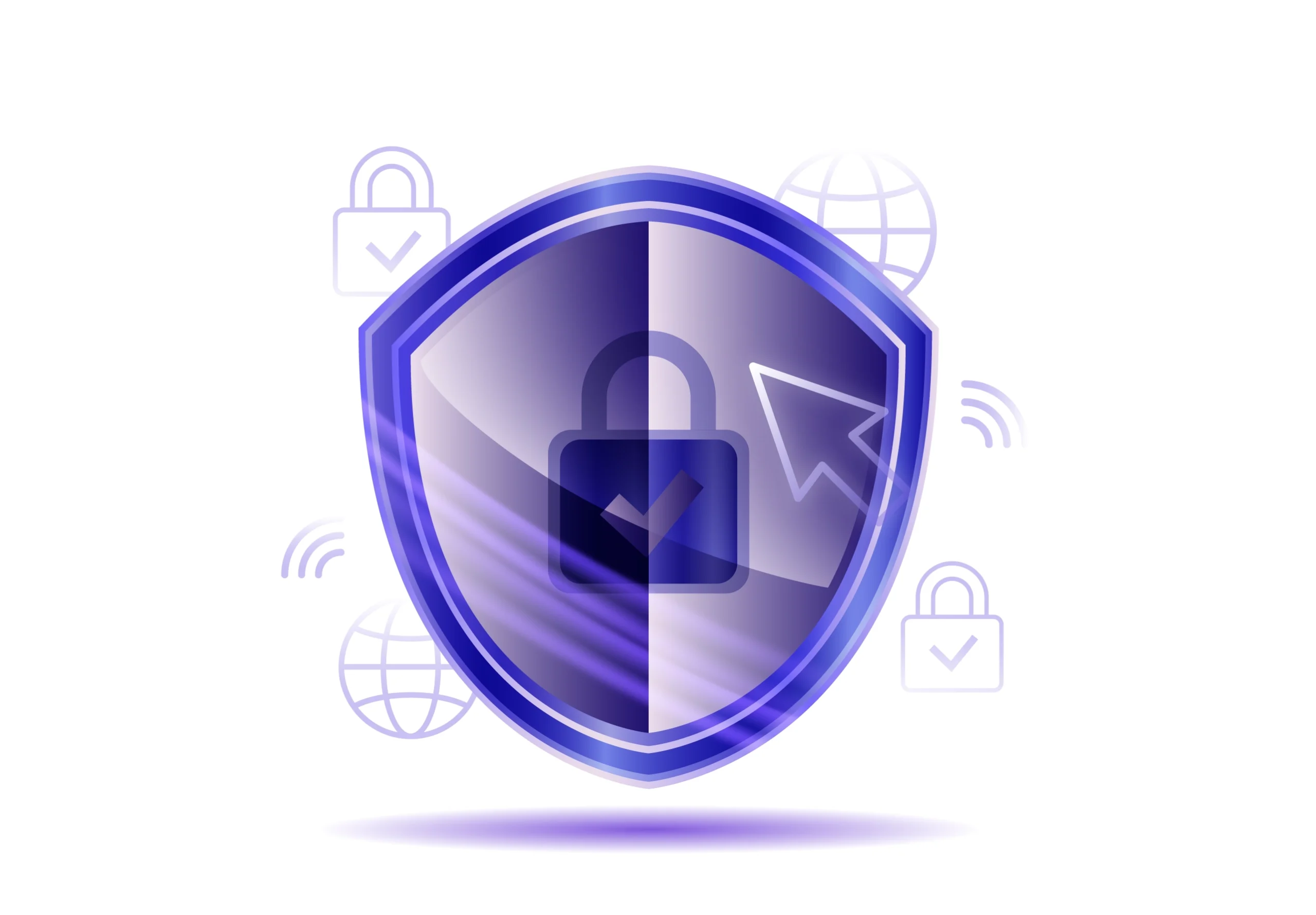DevSecOps’ Visionary Leadership in Propelling Product Security Frontiers
Consistently, there is a new tactic or technique discovered that hackers can use to disturb an organization’s systems, get basic information and data, or steal money. Attackers frequently attempt to involve coding blemishes as an opening for their attacks. Ironically, the center of this serious issue is typically a smidgen of code that helps an organization carry out relatively basic tasks (such as logging, report service, and application glue).

The combination of security with DevOps, which makes a culture where security turns into a fundamental part of the development cycle, is the main evolution in software development. Development Security Operations is the method involved with combining development, security, and activities into a single security system. Driving the charge, DevSecOps impacts how we approach security in product development. Security techniques are effectively coordinated into the entire development process by DevSecOps. By focusing on security in DevSecOps from the outset of the project and promoting a proactive approach to reduce potential risks, it goes above and beyond the conventional model.
The field of technology moves rapidly, and DevSecOps changes security and development procedures by empowering a proactive and cooperative atmosphere. It fundamentally changes the game by focusing on security from the outset and guaranteeing that products are built to endure developing threats. Explore the blog to find out how significant DevSecOps is to accomplishing product security.
The Ascension and Continuum of DevSecOps Vigilance
Software security has traditionally been developed with an afterthought mentality, addressed only after the application is done. This technique can bring about various security flaws that are costly and challenging to fix, as well as significant delays. This issue prompted the production of DevSecOps, which offers a framework for integrating security into the software development process from the beginning. The need to tend to security vulnerabilities quickly and the growing significance of security in the product development process have impelled the fast adoption of DevSecOps.
One can’t stress how significant innovation is to the headway of DevSecOps. Automating security testing and coordinating security into the development cycle has become less complex with the ascent of cloud computing and containerization. Besides, machine learning and artificial intelligence advancements are assisting organizations in more quickly and proficiently distinguishing security vulnerabilities.
Decrypting the DevOps Security Alchemy and Its Implications on Application Armor
Application security could be fundamentally influenced by DevSecOps, which could help associations in various ways. Security in DevSecOps reduces the risk of breaks by integrating safety into the development cycle and aiding the early detection and remediation of vulnerabilities. Since it is more affordable to fix security imperfections during development than after the application is finished, this additionally adds to bringing down the overall expense of application security.

DevOps security also assists with ensuring that security is coordinated in the development interaction, which brings down the chance of security vulnerabilities being introduced at a later phase of the cycle. DevSecOps’ consistent integration and delivery is an essential part that empowers organizations to rapidly recognize and fix security flaws. This diminishes the chance of security breaches since vulnerabilities can be fixed before they get an opportunity to do a lot of damage.
Indeed, even with the benefits, there are still specific impediments that organizations need to get past to effectively utilize it. Getting the development, operations, and security teams to collaborate is one of the toughest tasks because their objectives and goals are frequently at odds. This can cause misunderstandings and delays, which makes it challenging to effectively deploy DevSecOps.
The time-and resource-intensive nature of security testing can also be an issue, delaying and hampering development. Along these lines, organizations must utilize an automation-focused approach to utilizing tools and technologies to automate tasks and cut down on the time and resources needed for security testing.
The Mythos of DevSecOps’ Legendary Role in Safeguarding Product Integrity
Regarding product security, collaboration between operations, developers, and security teams is fundamental. It underlines the integration of security from coding to organization, reinforcing products against arising threats. Because developers write secure code and coordinate security measures into the development cycle, they assume a critical role in the ecosystem. In addition to functionality, they additionally have the obligation of considering possible vulnerabilities and addressing them at the code level.
Specific security teams define and execute security strategies inside the DevSecOps architecture to set compliance guidelines, carry out risk assessments, and train developers in secure coding practices. Security experts team up intimately with the development and operations teams to assist with making a robust defense against any claims.
It is fundamental for coordinating DevOps security measures into the deployment process, maintaining the security of the system infrastructure as a whole, and monitoring the circumstances to distinguish and deal with any security incidents immediately. This cooperative effort guarantees the consistent reconciliation of security concerns into the operational aspects of product development. Intermediaries, or collaboration specialists, cultivate a cooperative climate that makes it feasible for the development, security, and operations teams to cooperate effectively.
It is based on automation, so its primary spotlight is on automating and completing security testing processes. They additionally coordinate security technologies into the development interaction to guarantee that the codebase is ceaselessly inspected and evaluated. The DevSecOps team is the safeguard of the overall security posture. Developers, security teams, operations teams, collaboration specialists, and automation experts cooperate to coordinate security into each step of the product development process, from coding to deployment.
Upholding DevSecOps’s Legacy through Best Practices in Secure Agility
For organizations, embracing DevSecOps is a critical shift that requires a mentality and cultural transformation. Establishing a robust culture within an organization is basic, as it cultivates cooperation among development, operations, and security teams toward shared goals. Effective communication, teamwork, and an openness to change are fundamental for this. The progress of DevSecOps relies upon automation since it decreases the time and assets required for security testing and smoothes out the cycle.
Organizations should make innovative tool investments expected to automate security testing and assurance that security is integrated into the development interaction. Rather than being an afterthought, security should be integrated into the development interaction all along. This requires a mindset change, where DevOps security concerns are integrated into every development phase.
Prospectus of Future Trends and Bountiful Horizons in DevSecOps
DevSecOps is a promising field that is rapidly becoming vital for the safe and secure operation of businesses. Staying aware of the latest things is fundamental if you have any desire to make the most out of this quickly expanding technology. AI and ML algorithms will upgrade the predictive analytics capabilities of DevSecOps, enabling automated threat identification and response. This integration will further develop the security posture and empower a more proactive reaction to developing cybersecurity threats by tracking trends and abnormalities in real-time. By giving admittance to master resources and technologies, DevSecOps as a Service empowers organizations with negligible inside experience to deploy robust security procedures with ease.

The developing popularity of containerization implies that DevSecOps techniques will put a higher need on container security. Advanced container security solutions will be created to address the unique challenges associated with safeguarding containerized applications. This incorporates working on the integrity of container images, safeguarding compartment orchestration systems, and safeguarding the containerized development and deployment process.
As cloud-native technologies advance, it will adjust to address the specific security challenges faced by cloud conditions. Future DevSecOps approaches will primarily focus on secure cloud-native development, guaranteeing that cloud platform applications are resilient to emerging threats. Organizations progressively depend on cloud services to give their IT framework scalability and adaptability.
Pattem Digital’s DevSecOps for Aegis-Like Product Security
Product security can now be strengthened with the unwavering support of DevSecOps. The collaborative, proactive, and continuous nature of this approach is altering our perception of and mindset toward digital security. Adopting DevSecOps is becoming more and more necessary for businesses that want to stay ahead of potential risks as time goes on.
By seamlessly integrating security principles early in the application development cycle, Pattem Digital helps businesses improve their DevOps pipeline. Our expertise ensures a seamless integration of industry standards with the best security products available. With our DevOps services company, you can guarantee performance optimization without compromising essential security and compliance requirements, this strategy shields businesses from all threats.





